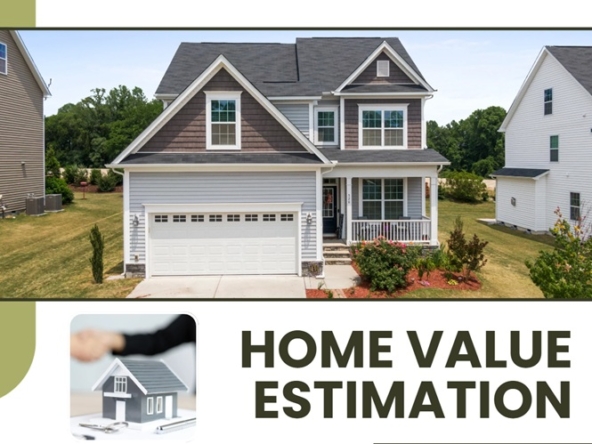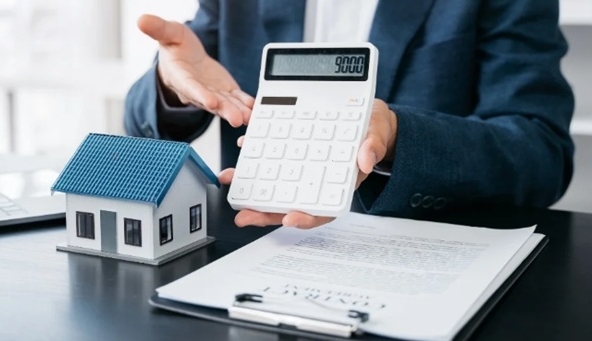NVESTMENT PLAN SERIES
How to Save More of Your Home-sale Capital Gains
Presented by Stephen Lee with CRI
-
Overview
With American house-holds sitting on $34.5T in home equity in the first quarter of 2025, according to Lending Tree. Many of these sellers will face looming capital-gains tax bills.
With proper tax planning upfront, it is possible to minimize those taxes or eliminate them altogether.
-
Gain Tax Exclusion
IRS allows single tax payers to exclude $250K of gain and married tax payers who file jointly to exclude $500K as long as they lived 2 years in the house during the last 5 years before the closing.
Surviving spouses can still take the entire $500K exclusion as long as they sell the home within 2 years of the death of their spouse.
( Even though the house is rental income house currently – investment property, if they lived at least 2 years in the past during 5 years before the sale closing the house )
According to NAR, 34% of home owners today cloud already exceed the $250K cap for single Tx payers, while 10% have potential gains above the $500K threshold for married couples filling jointly.
-
Adjusted Basis
Search for receipts : Basis of your home(purchase price) can be adjusted by adding the cost of capital improvement such as roof replacement, remodeled kitchen, and fees and closing costs such as title insurance and recording fees. ( Typical Problem is it is hard to keep the record for long time — Best policy is to have itemized Excel file)
-
Finance the Sale
Consider financing the purchase of your buyer if you don’t need the equity from your home to purchase another one, using an installment sale. Gains on installment sales are recognized as capital gains, while interest is taxed as ordinary income, each payment is received, allowing you to spread out the gain – and taxes are due – over the life of the mortgage. An installment sales also cloud prevent you from being bumped into higher tax bracket for the year of the sale.
( Risk is buyer could default on the loan)
-
Convert your home to business property
Don’t sell it, rather rent it. You will be converting it to business property.
You can later dispose of the property via 1031 “like-kind” exchange, which allows you to defer the gain, rather than pat taxes immediately.
Then later if you pass away, IRS allows your heirs to inherit the property at the stepped-up basis with no taxes due.



